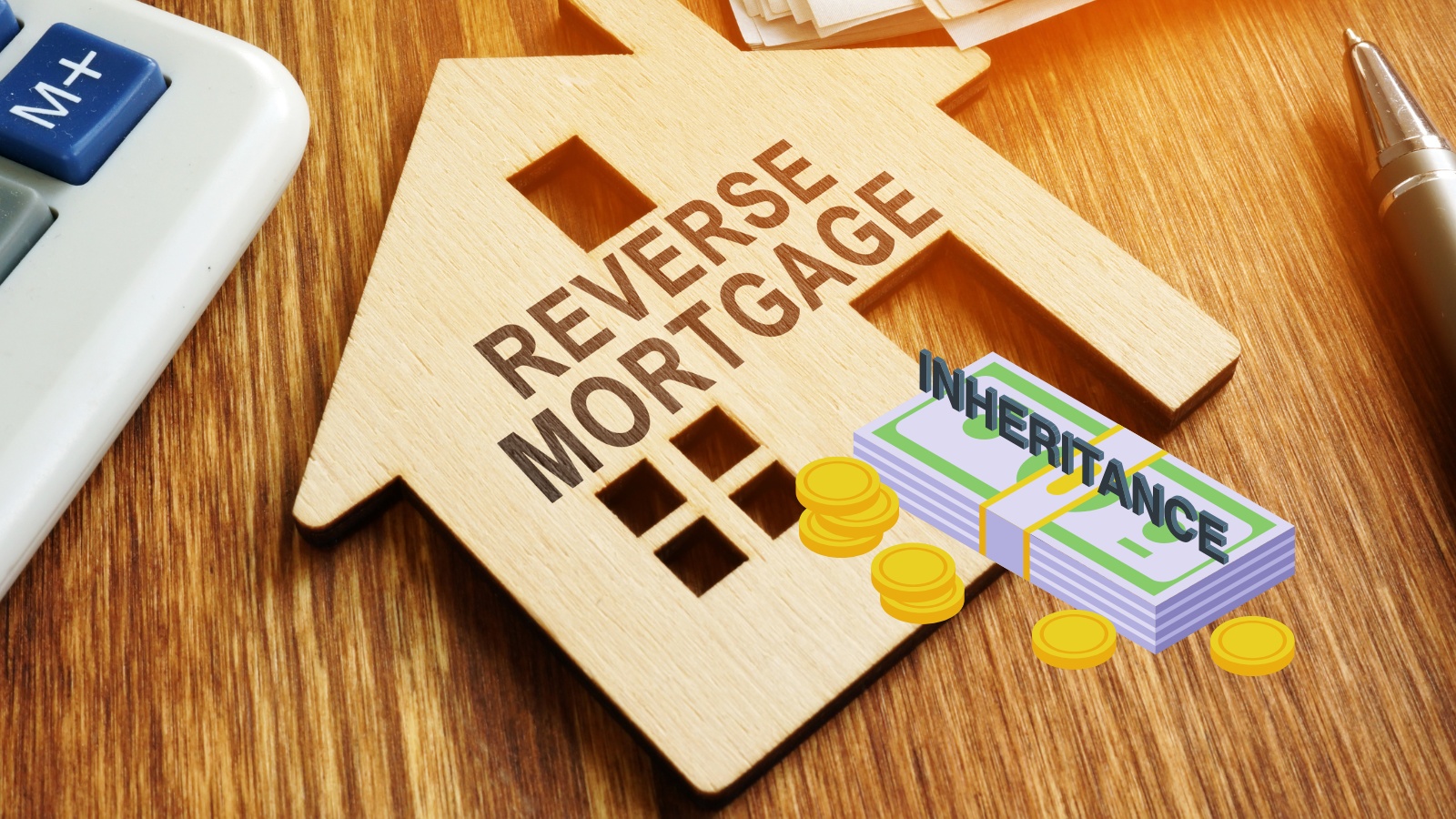Understanding Reverse Mortgage Inheritance: Safeguarding Your Family’s Financial Future
Reverse mortgages are becoming an increasingly popular option for retirees looking to access the equity in their homes without making monthly payments. However, the implications for inheritance can be complex. For homeowners considering this financial tool, it’s important to understand how it affects their heirs. This blog will unravel the complexities of reverse mortgage inheritance, allowing you to navigate these decisions with confidence and safeguard your family’s financial future.
Why Reverse Mortgage Inheritance Matters
Reverse mortgages differ from traditional mortgages in significant ways, most notably in that there are no required monthly payments. Instead, the loan is repaid when the homeowner sells the property, moves, or passes away. The inheritance aspect becomes crucial when discussing the future of the family home, as heirs often face decisions about how to handle the property and the remaining mortgage balance.
By fully understanding the process of reverse mortgage inheritance, you can make well-informed choices that protect your family’s assets and ensure a smooth financial transition. Let’s delve into the details of what heirs should expect, the options available, and the key factors that influence those decisions.
What Heirs Need to Know About Reverse Mortgages
When the last borrower on a reverse mortgage passes away, the responsibility of handling the loan and the property shifts to the heirs. This is where reverse mortgage inheritance comes into play, and it’s essential for heirs to be prepared for this situation.
The balance of the reverse mortgage becomes due once the homeowner dies. Heirs have a few key options at this stage, which we’ll explore in more detail:
- Sell the Home to Repay the Loan The most common and straightforward option is selling the property. In many cases, the sale of the home will cover the outstanding loan amount. If the home has appreciated in value or the loan balance is relatively low, there may even be equity remaining that the heirs can claim. Once the loan is repaid, any leftover proceeds from the sale belong to the heirs.
This option provides heirs with a clean and efficient way to resolve the reverse mortgage, particularly if they do not wish to keep the property. Given the Canadian real estate market’s general upward trend, selling the home usually results in sufficient funds to cover the debt, ensuring that heirs are not left with out-of-pocket costs. - Keep the Home and Refinance or Pay Off the Loan If the heirs want to keep the property, they can choose to pay off the reverse mortgage themselves. This can be done by refinancing the home with a new mortgage or using other available funds to settle the outstanding loan. The heirs have a period (usually six months, with extensions possible) to arrange for repayment before the lender takes further action.
This option is ideal for heirs who have sentimental attachments to the family home or see long-term financial value in retaining the property. However, it requires access to significant funds or financing options to pay off the reverse mortgage. - Sign a Deed in Lieu of Foreclosure In some cases, heirs may decide that they do not wish to keep or sell the property. In these situations, they can opt to sign a deed in lieu of foreclosure, effectively returning the home to the lender. This allows the heirs to avoid any potential legal or financial complications related to the reverse mortgage.
This option is usually chosen when the home’s value has significantly decreased, or the reverse mortgage balance is close to or exceeds the home’s market value. Heirs are not personally liable for any shortfall if the home’s value is less than the loan balance, thanks to the reverse mortgage’s “no negative equity” guarantee. This protection ensures that neither the estate nor the heirs will owe more than the home’s worth.
Potential Risks and Protections for Heirs
A reverse mortgage can provide much-needed financial flexibility during retirement, but it’s important to be aware of the potential risks that arise when heirs inherit the property.
One of the key risks is a decline in home value. While the reverse mortgage’s “no negative equity” clause prevents heirs from owing more than the home is worth, a significant drop in the property’s value could mean that heirs receive little to no inheritance from the home’s sale. It’s essential to consider this possibility, especially in fluctuating real estate markets.
However, Canadian homeowners are protected by HomeEquity Bank’s guarantee, ensuring that the payment due at loan maturity will never exceed the home’s fair market value. This means that as long as the homeowner adheres to the terms of the reverse mortgage, their heirs will not be burdened with excessive debt, even if the home’s value has fallen below the loan balance.
Planning Ahead: Preparing Heirs for Reverse Mortgage Inheritance
One of the best ways to ensure a smooth inheritance process is through proactive planning and communication. Homeowners should discuss their reverse mortgage decisions with their heirs and ensure they understand the potential outcomes.
This is where working with mortgage professionals, such as the experts at GLM Mortgage Group, becomes invaluable. By seeking professional guidance, you can clarify the specific terms of your reverse mortgage, assess the impact on your estate, and help your heirs prepare for the decisions they may face.
Additionally, homeowners should consider drafting a clear estate plan that outlines their wishes regarding the reverse mortgage and the property. Whether you want your heirs to keep the home, sell it, or simply return it to the lender, documenting these preferences can prevent confusion and conflict during what is already an emotionally challenging time.
Ensuring a Financially Secure Future for Your Heirs
While a reverse mortgage can offer financial freedom in retirement, it’s important to understand its long-term implications for your estate. By educating yourself and your family about reverse mortgage inheritance, you can ensure that your heirs are equipped to make informed decisions that align with your wishes.
In summary, reverse mortgage inheritance presents a variety of options for heirs, ranging from selling the property to paying off the loan or returning the home to the lender. Each option has its benefits and challenges, but with careful planning, homeowners can ensure that their family’s financial future is secure.
For those navigating the complexities of reverse mortgage inheritance, expert advice is essential. Contact GLM Mortgage Group today to explore your options and plan for a financially secure future for both you and your loved ones.
Conclusion: Knowledge is Power
Understanding the inheritance implications of reverse mortgages is crucial for homeowners and their heirs. By taking the time to explore your options and communicate with your family, you can secure your financial legacy and provide peace of mind for future generations. Reach out to GLM Mortgage Group to learn more about how reverse mortgages work and how they can fit into your overall financial planning strategy. Proactive decisions today will lead to a smoother, more secure tomorrow.




